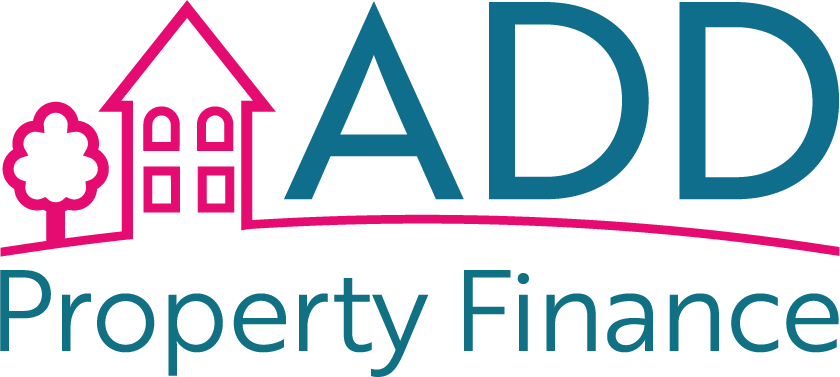Investing in property is a time-tested way to build wealth, and buy-to-let properties offer a route to regular income and long-term capital growth. However, not all properties are created equal, and selecting the right ones is crucial for maximising your returns. Whether you’re an experienced investor or a budding developer, this guide will help you choose profitable investment properties.
1. Location, Location, Location
The age-old adage remains true: location is paramount. Look for areas with strong rental demand and potential for future growth. Consider proximity to amenities, transport links, schools, and employment opportunities. A desirable location can often justify a higher purchase price.
2. Understand Your Target Market
Identify your target tenant demographic. Is it families, professionals, or students? Tailor your property choice to their needs. For example, families might need more bedrooms and a garden, while professionals may prefer easy access to transport and local amenities.
3. Rental Yield vs. Capital Growth
Decide whether you’re aiming for high rental yields or long-term capital growth. Areas with high demand for rentals might offer better yields, while property in up-and-coming neighbourhoods may yield significant capital growth over time.
4. Condition of the Property
Consider the property’s condition and potential renovation costs. While a fixer-upper can be profitable if purchased at the right price, it’s essential to accurately estimate renovation costs and assess whether the return justifies the investment.
5. Rental Market Research
Thoroughly research the local rental market. What are similar properties renting for? Are there any rental trends or seasonal variations to be aware of? Understanding the market helps you set competitive rental rates.
6. Legal and Regulatory Considerations
Be aware of local regulations, including safety standards and landlord obligations. Complying with legal requirements is not only ethical but also crucial for avoiding potential fines and disputes.
7. Property Management
Consider how you’ll manage the property. Will you handle it yourself or hire a property management company? Property management can save time and stress but comes with associated costs.
8. Financial Analysis
Perform a rigorous financial analysis. Calculate your potential rental income, expenses (including mortgage repayments, property management, maintenance, and taxes), and your net cash flow. Ensure the property’s cash flow is positive.
9. Diversify Your Portfolio
Don’t put all your eggs in one basket. Diversifying your property portfolio across different types of properties or locations can help manage risk and increase overall returns.
10. Seek Professional Advice
Engage with professionals, including mortgage advisers, surveyors, and property inspectors. Their expertise can provide valuable insights and protect you from making costly mistakes.
In conclusion, selecting profitable investment properties requires a combination of market knowledge, financial analysis, and a clear understanding of your investment goals. By carefully considering location, target market, property condition, and financial viability, you can build a successful portfolio that generates consistent returns and capital growth.







